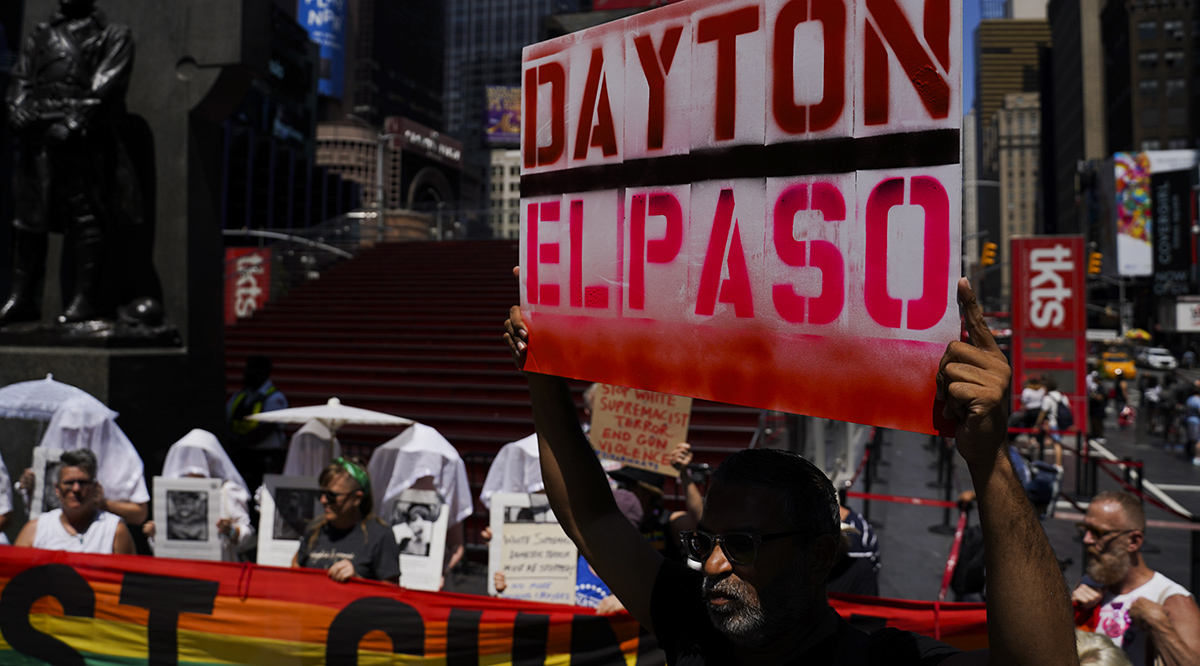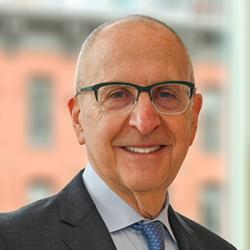
Like you, I was stunned and profoundly saddened by the mass shootings last weekend in Texas and Ohio, and in California just a week earlier. While we mourn the victims of these terrible shootings and think of the families and friends they left behind, we also are grateful for the first responders and medical professionals who came to the rescue so quickly and performed so heroically to save lives.
Guns are one of the leading causes of premature death in this country. Families and communities nationwide face this reality every day, whether they are deaths by suicide or interpersonal violence. The horrific events of this past weekend are unfortunately only the latest harsh reminders that our nation must take action and find effective measures to end gun violence.
In an article posted this week in AAMCNews, you can read about how medical schools are preparing tomorrow’s physicians, who will be on the front lines of this public health crisis, to promote gun safety and reduce firearm injuries. We must do all that we can to impart to future physicians the skills they will need to talk with their patients about the importance of gun safety and recognize individuals who may be a risk to themselves or others.
To that end, the AAMC is partnering with more than a dozen academic medical centers in a working group convened by the American Foundation for Firearm Injury Reduction in Medicine (AFFIRM) to develop curricula around gun safety. In addition, we were among the more than 40 medical and injury prevention organizations that convened in February 2019 at the American College of Surgeons’ Medical Summit on Firearm Injury Prevention to develop a comprehensive road map for tackling gun violence using a public health approach.
As physician leaders, we have important voices to contribute to the national conversation, including the need for more research into the causes of and prevention methods for gun violence. We also have a responsibility to be a clear voice against the hatred that fuels these and other violent acts against individuals and groups in our society.
Let us work together not only to teach our students how to address this issue. Let us harness our collective will and expertise to find solutions to prevent these tragedies, and soon.
